The mother of journalist James Foley, murdered by the ISIS ‘Beatles’, says her son was abandoned by the Obama government. Now she is fighting for other American hostages overseas
When the State Department, FBI and other officials told Diane Foley that her journalist son Jim was their top priority, she had no choice but to believe them.
He was kidnapped by ISIS in Syria in 2012.
It wasn’t until 2014, three months after her son was killed in a televised execution, and during a meeting with President Barack Obama, that she uttered the platitude.
“Jim was my top priority,” she is told by the most powerful man in the world.
“I felt the oxygen disappearing from the air,” she writes in her powerful memoir “American Mother,” co-written with Colum McCann.
Diane Foley, whose son was beheaded by Islamic militants in Syria a decade ago, fights for hostages and other Americans wrongfully held abroad
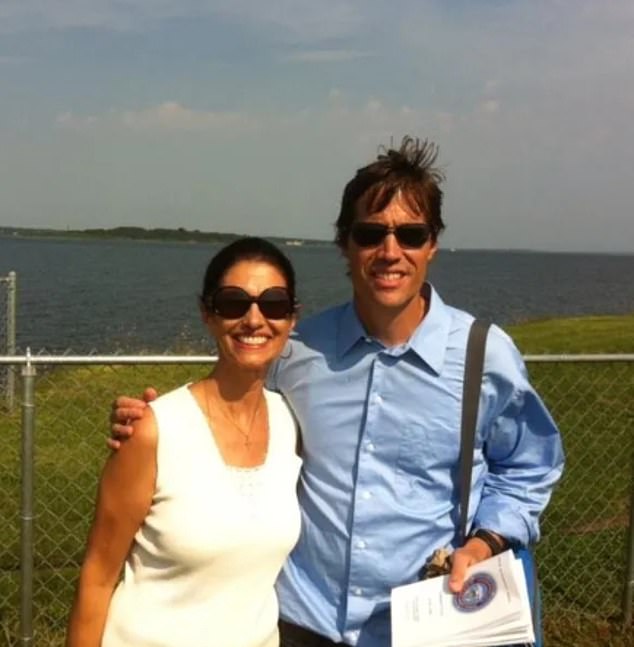
Dinae Foley with her son Jim, who was 39 when captured by ISIS in Syria
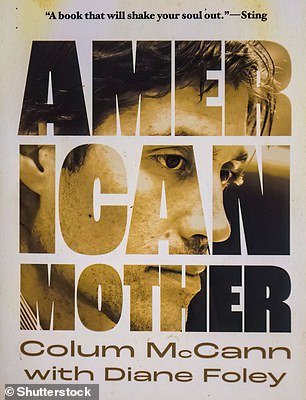
‘American Mother’ by Diane Foley and Colum McCann is published by Etruscan Press
‘ ‘Excuse me, sir,’ I replied. “He may have been a priority in your head, but not in your heart.
“Jim and the others were abandoned by our government until far, far too late.”
In her story, the distance between them is clear: a president sitting at a long table with a cup of tea while his guest, a grieving mother, is not even offered a drink.
He doesn’t dispute her analysis, but takes another sip of tea.
Foley has spent the past decade working to ensure that other families in her terrible position are not patronized, threatened or ignored in the same way she was.
But that doesn’t change the missed opportunities that led to American hostages dying at the hands of ISIS terrorists as European journalists and aid workers were released.
“I tried my best but failed miserably,” she told DailyMail.com during a visit to Washington.
“I think I have to acknowledge that not only did the government fail him, but I didn’t really know what to do. I had no idea.’
She does that now. Today, Foley is chairman of the James W. Foley Legacy Foundation.
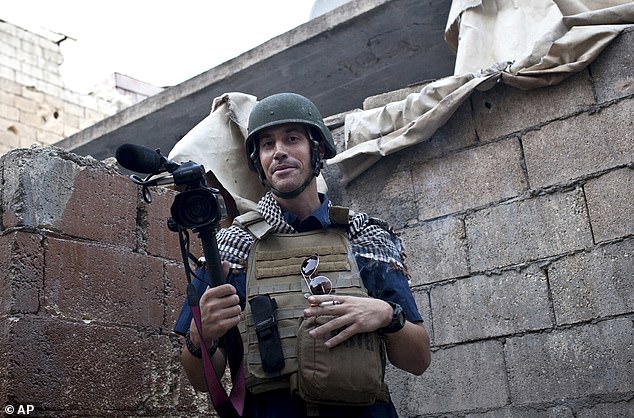
In this November 2012 file photo, journalist James Foley is seen reporting on the civil war in Aleppo, Syria. Days later he was arrested as he left the country for Turkey
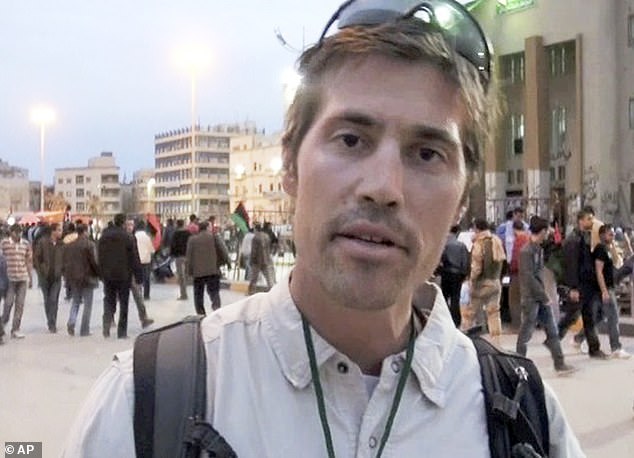
James Foley of Rochester, NH, a freelance journalist for GlobalPost, in Benghazi, Libya
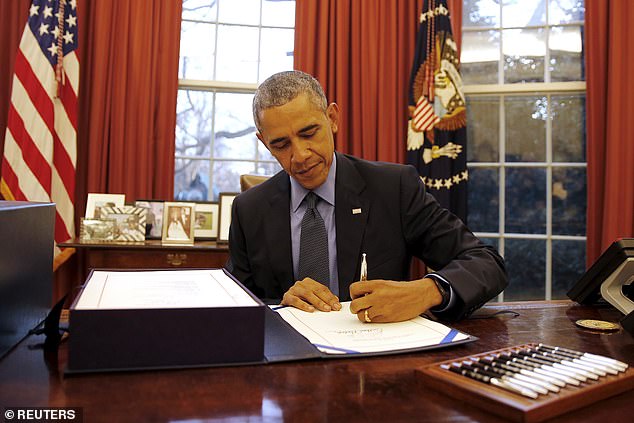
Foley said President Barack Obama told her that his son had been his top priority, even though his administration had essentially “abandoned” him after he was captured in Syria.
It works to provide assistance to the families of kidnapped and wrongfully detained American citizens around the world. And she has been at the forefront of overhauling U.S. policy on hostage rescue.
But in 2012, she was working as a nurse in New Hampshire when her son, the eldest of five children, called her at the family clinic she ran with her husband.
She was too busy to chat for long.
“I’ll call you on Thanksgiving,” he said. But he didn’t. It was the first sign that something was wrong.
Jim Foley, then 39, ended up in the wrong place at the wrong time in Syria, just as he and a British journalist, John Cantlie, were returning to the border with Turkey.
They were among a group of mostly Western journalists and aid workers held by a murderous group of British-born Islamic State terrorists nicknamed “the Beatles.”
It took a year before a ransom was demanded.
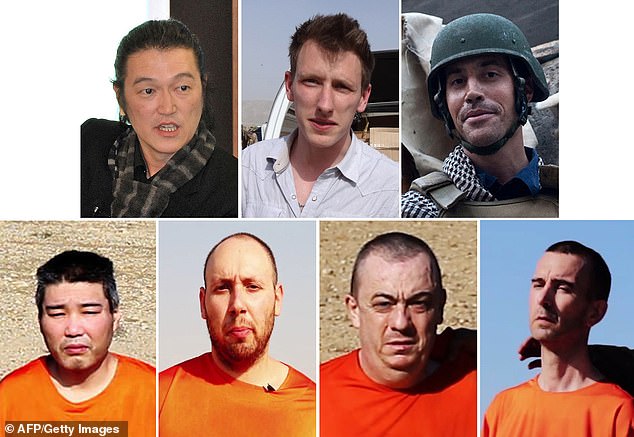
(Top L to bottom R) Japanese freelance video journalist Kenji Goto, American aid worker Peter “Abdel-Rahman” Kassig, US freelance reporter James Foley, Japanese national Haruna Yukawa, US freelance writer Steven Sotloff, British national Alan Henning and British aid worker David Haines, the victims of Islamic State militants known as the ‘Beatles’
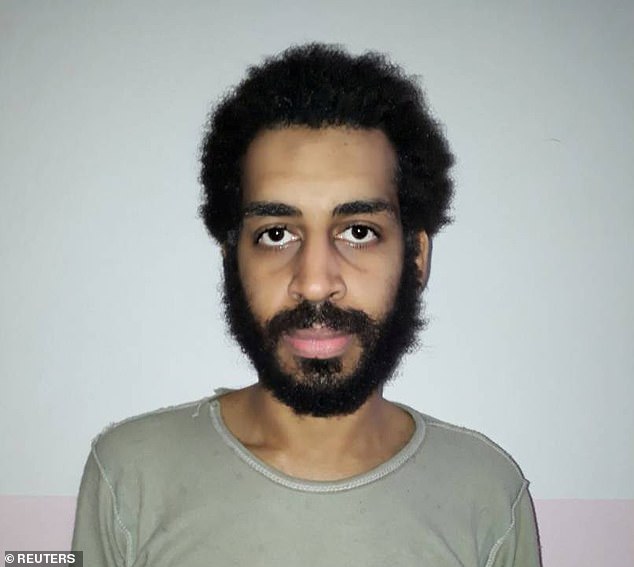
Alexanda Kotey, also known as “Jihadi George,” was part of the four-man cell of British-born Islamic State fighters known as the “Beatles.” Foley’s mother has written about her encounters with Kotey in an attempt to understand him in her new book called American Mother.
‘Hello. we have james. we want to negotiate with him,” the email said, in all small letters. ‘He is safe: he is our friend and we don’t want to hurt him. we want our money fast.’
More demands came, asking for the release of all Muslim prisoners and $130 million.
Ultimately, Foley writes in “American Mother,” it wasn’t about the money. The US government did not want to get involved in any kind of negotiation.
The Foleys were warned three times that they could be prosecuted if they tried to pay ransoms to the sanctioned group.
‘When I heard that, I was shocked. I just couldn’t believe that a fellow American would threaten us with that,” Foley said. But the reality was one of the few people who was honest with us.”
Being told they could be prosecuted and that the president had decided not to negotiate made a difference to the platitudes about Jim being the administration’s top priority.
Officials, she explained, often had little information to share.
And the first indication that something terrible had happened came not through government channels, but again through a phone call from a reporter.
The family only received official confirmation that Jim had been killed when Obama appeared on TV to condemn his murder.
Her book begins with the extraordinary moment seven years later when she comes face to face with Alexanda Kotey, one of the murderers convicted of her son’s murder.
In a courthouse conference room, he told her that he was very sorry, but that he did not know where Jim was buried.
For Foley, the conversation was part of the healing process.
“There’s a lot of hate out there,” she said. “And we have to recognize that and protect ourselves, try to keep building bridges when we can.
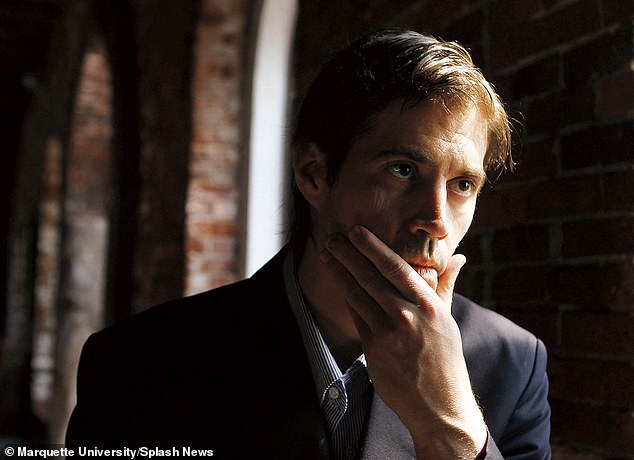
American freelance journalist and photojournalist of the Syrian Civil War Jim Foley (pictured), who was kidnapped in northwestern Syria on November 22, 2012
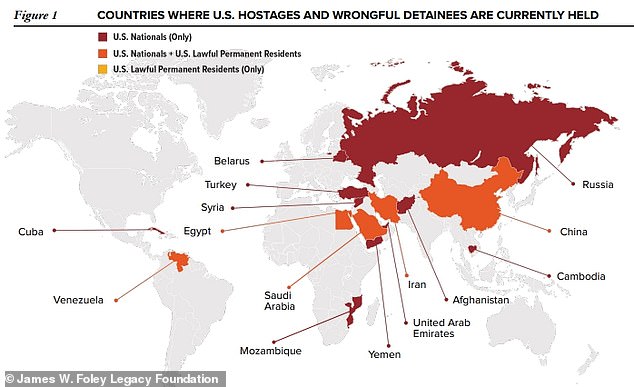
Americans are more of a target than ever as the world falls apart amid competing conflicts
“That’s part of the reason I started talking to Alexanda, because I knew if Jim had survived, he would have gone to him.”
Other prisoners survived. Ransom negotiations were held. Agreements have been made. Two Spaniards, four French journalists, a Danish photojournalist. They were all released while the Foleys were told they would be prosecuted if they tried to pay off the kidnappers.
Things might have been different, she said, if she had learned much earlier that there would be no deal for her son.
“One of the things you would have had to do in that situation would have been to raise money and hire a private security team,” she said, describing how kidnap and ransom specialists would have cost $4,000 a day .
Or maybe she would have gone to talk to the father of another hostage who risked his life by traveling to Syria to retrieve his son, rather than trusting the FBI to talk to him.
Her experience, and the experiences of other American families, have led to a review of hostage policy. It established the Hostage Recovery Fusion Cell, which coordinated efforts by various parts of the government, and a special presidential envoy for hostage affairs.
Any anger at the way she was treated is tempered by praise for his later efforts to change things.
The work is more important than ever. The world is even more dangerous for journalists and Americans abroad.
Russia has made kidnapping Americans a cornerstone of its relations with Washington, and Hamas terrorists are holding five American citizens captive.
“More than a hundred American citizens who would never have been freed have been freed because of Jim’s legacy and the legacy of the other person,” Foley said. “I’m very proud of that legacy.”
